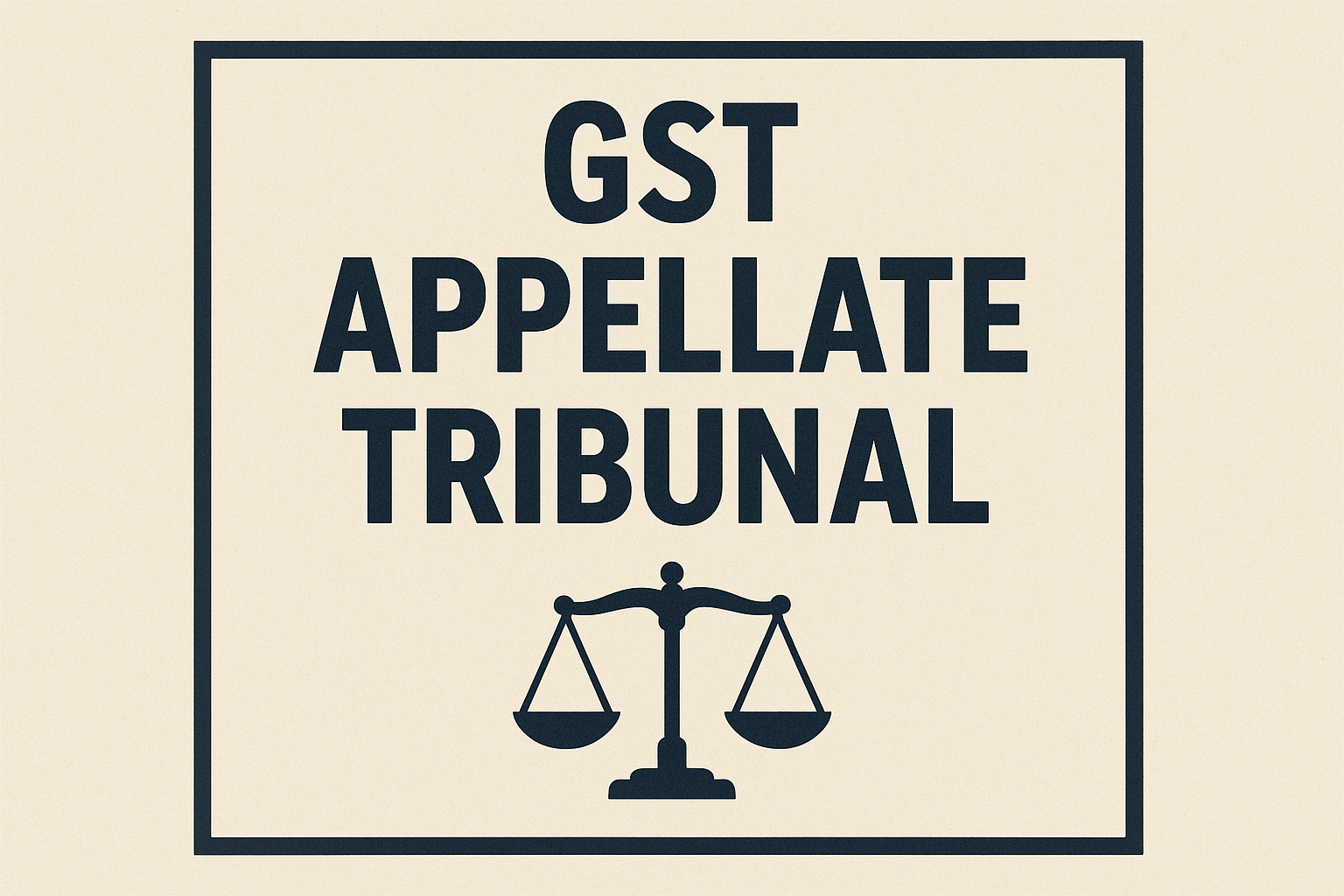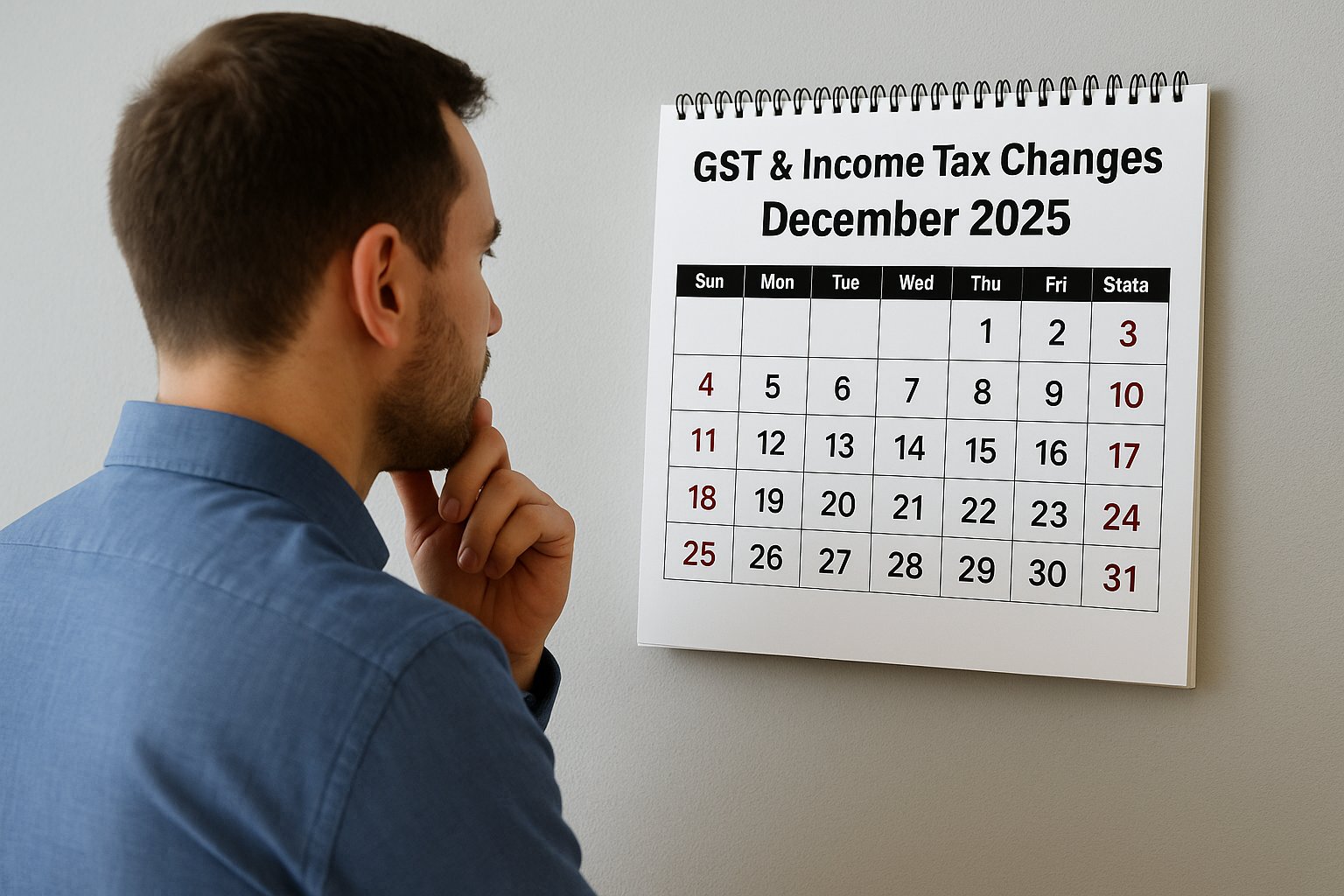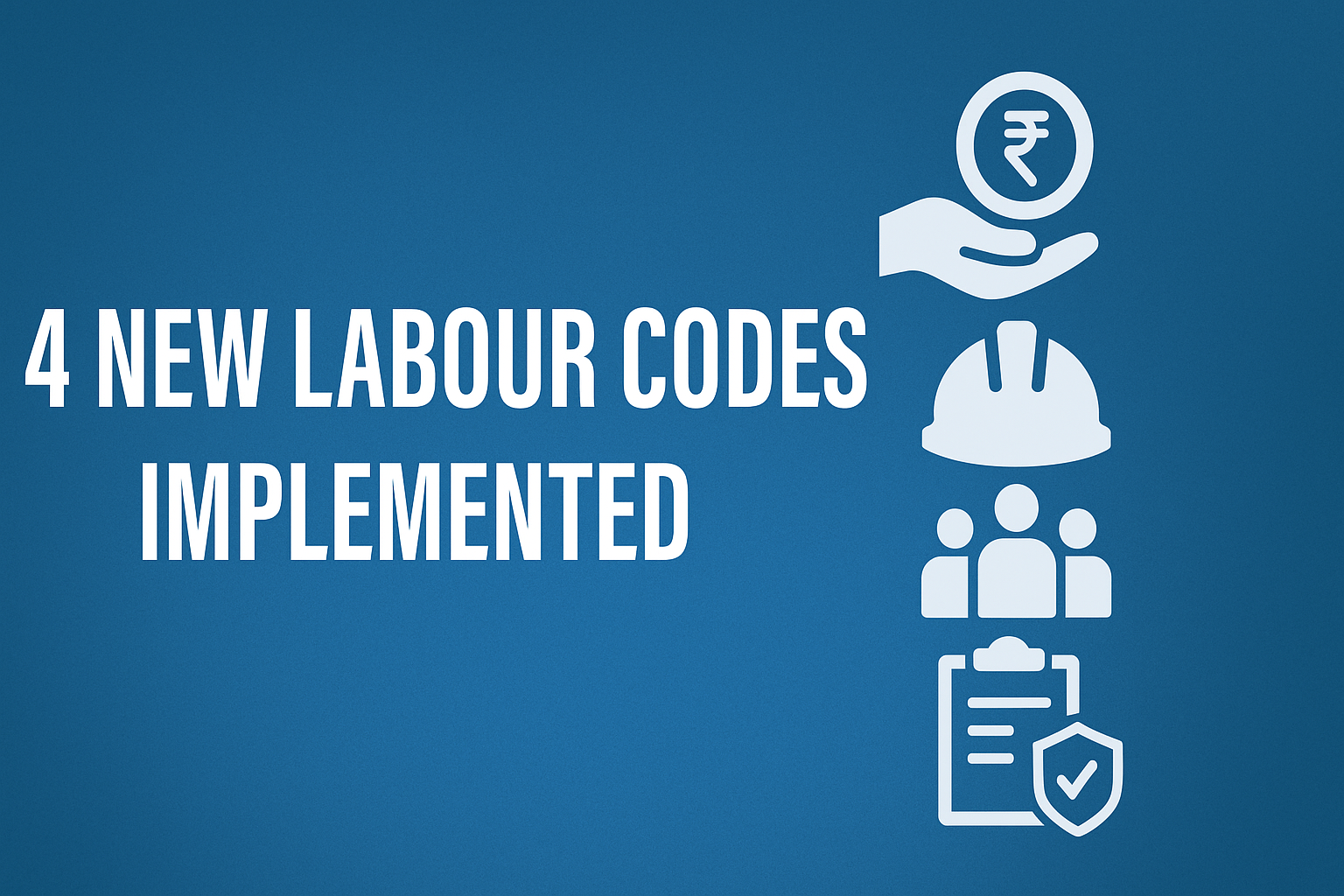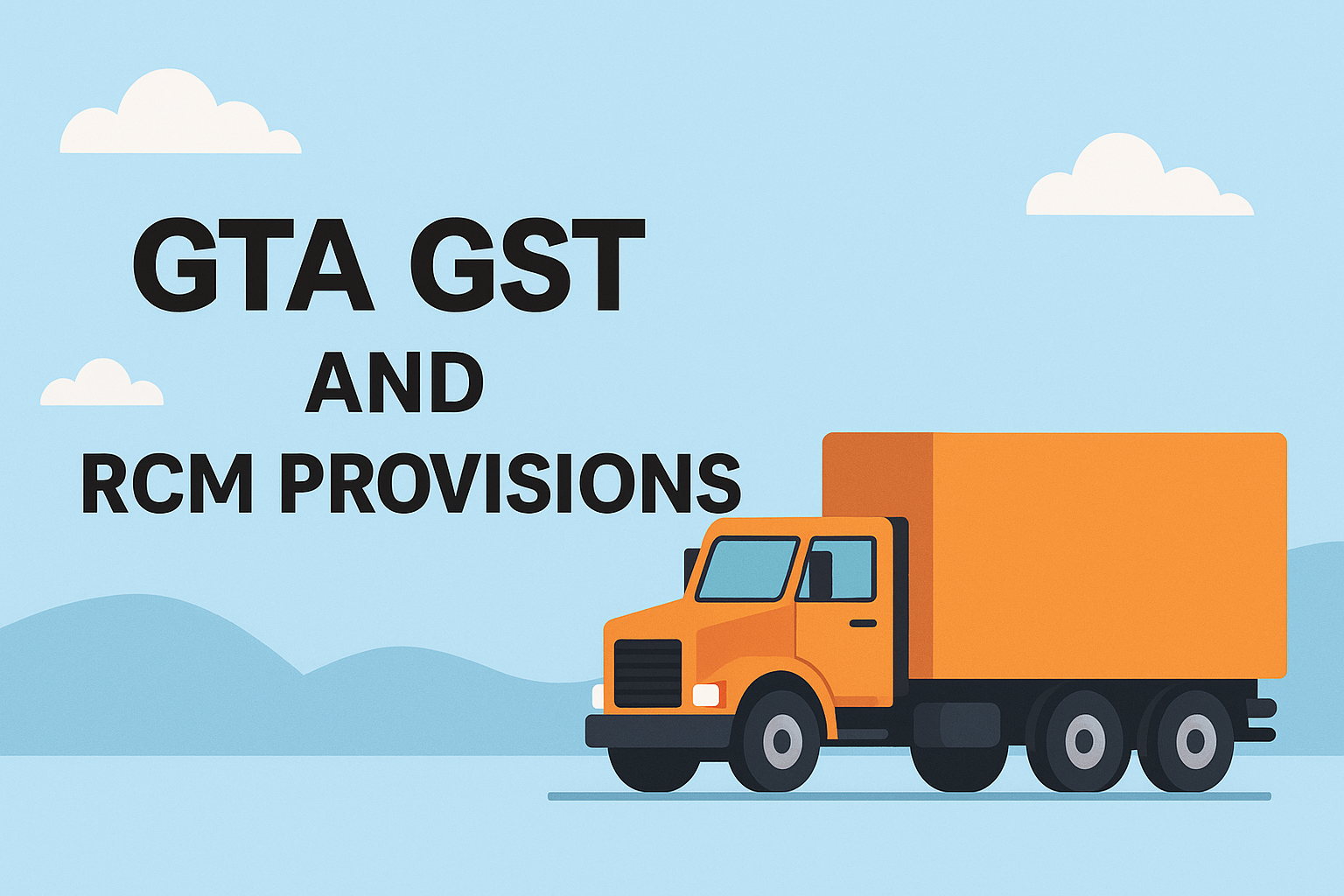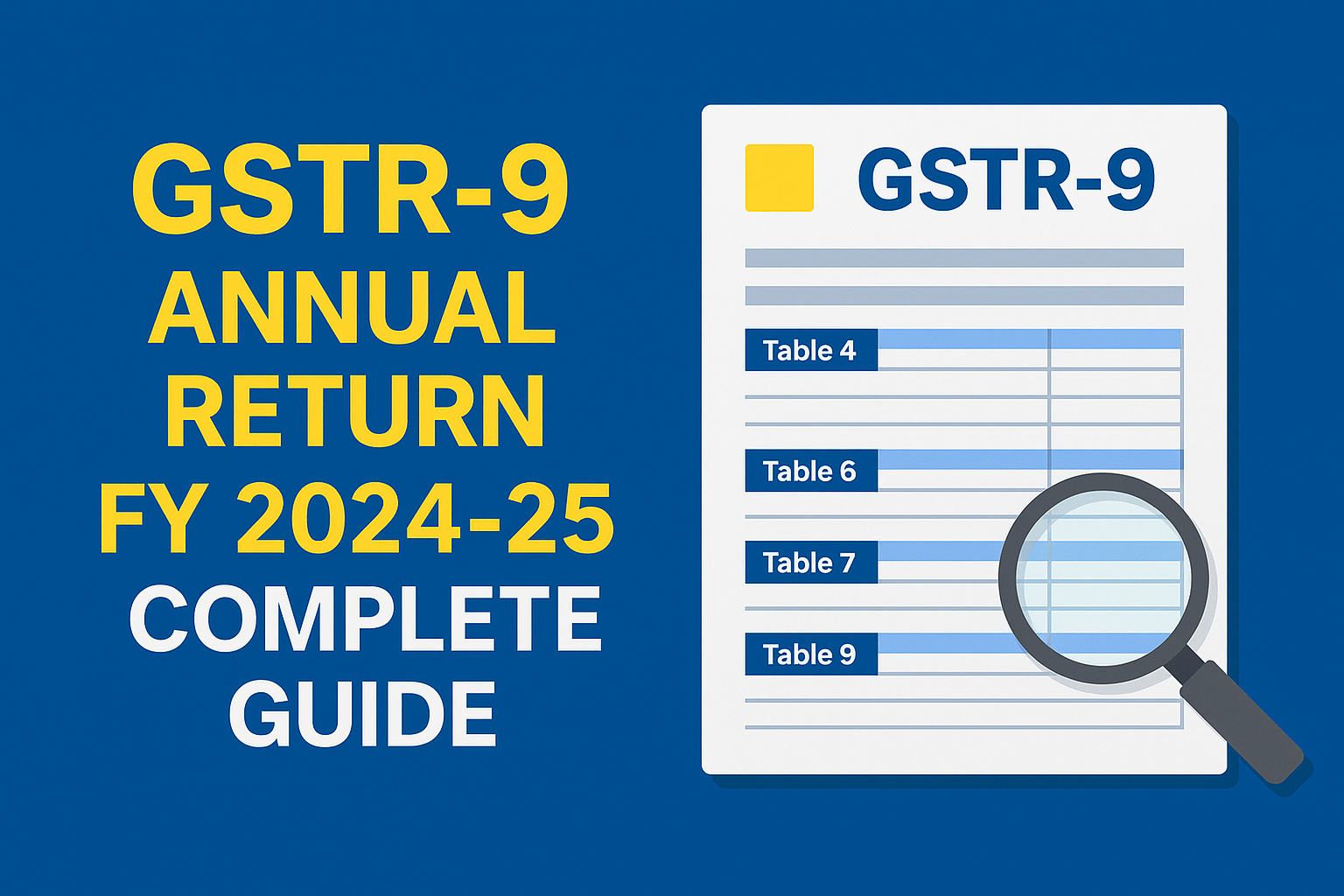In a major development for the Goods and Services Tax (GST) framework, the Goods and Services Tax Appellate Tribunal (GSTAT) is set to become operational for accepting appeals before the end of September 2025 and will begin hearings before the end of December 2025.
This long-awaited step will establish a dedicated and structured mechanism for GST dispute resolution across India, addressing one of the most critical gaps in the tax system since GST’s rollout in 2017.
Check our course on How to handle GST Notice and Litigation – Reply and Drafting Skills
Key Highlights
- Start of Operations: GSTAT will start accepting appeals before September-end and conduct its first hearings by December 2025.
- Backlog Appeal Limitation: A special window until 30th June 2026 has been recommended for filing backlog appeals, ensuring that pending cases get a proper redressal mechanism.
- Principal Bench as National Authority: The Principal Bench of the GSTAT will also serve as the National Appellate Authority for Advance Ruling (NAAAR), providing consistency in rulings across states.
Importance of GSTAT
- Robust Dispute Resolution
- With lakhs of GST-related disputes pending across High Courts and lower authorities, GSTAT will function as the dedicated appellate forum for taxpayers.
- Consistency in Rulings
- By doubling as the National Appellate Authority for Advance Ruling, it will bring uniformity and clarity in advance rulings, reducing state-wise interpretation conflicts.
- Ease of Doing Business
- A transparent and speedy appellate framework will boost business confidence, reduce litigation costs, and enhance India’s ranking on global ease of doing business indices.
- Certainty for Taxpayers
- Clear and time-bound resolution of appeals will help businesses plan their tax liabilities better and avoid prolonged uncertainty.
The operationalization of the Goods and Services Tax Appellate Tribunal (GSTAT) marks a significant institutional strengthening of India’s GST regime. By creating a specialized appellate body, ensuring uniformity in advance rulings, and setting a firm timeline for resolving disputes, the Council has addressed a long-standing demand of businesses and professionals.
This move is expected to enhance trust, transparency, and stability in GST administration, paving the way for a smoother tax environment and reduced litigation in the years ahead.
Visit www.cagurujiclasses.com for practical courses
